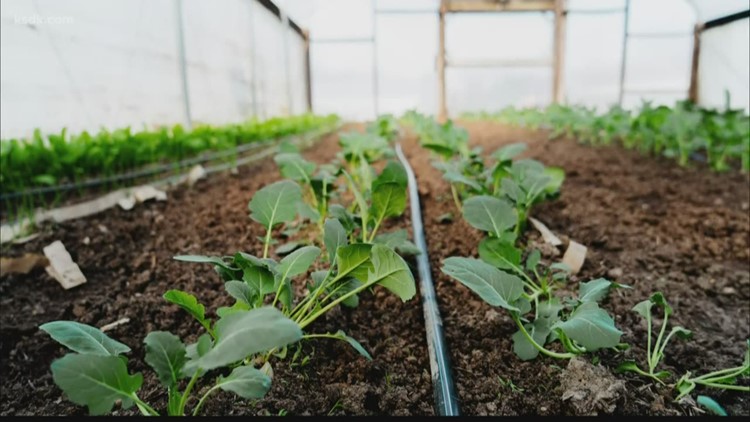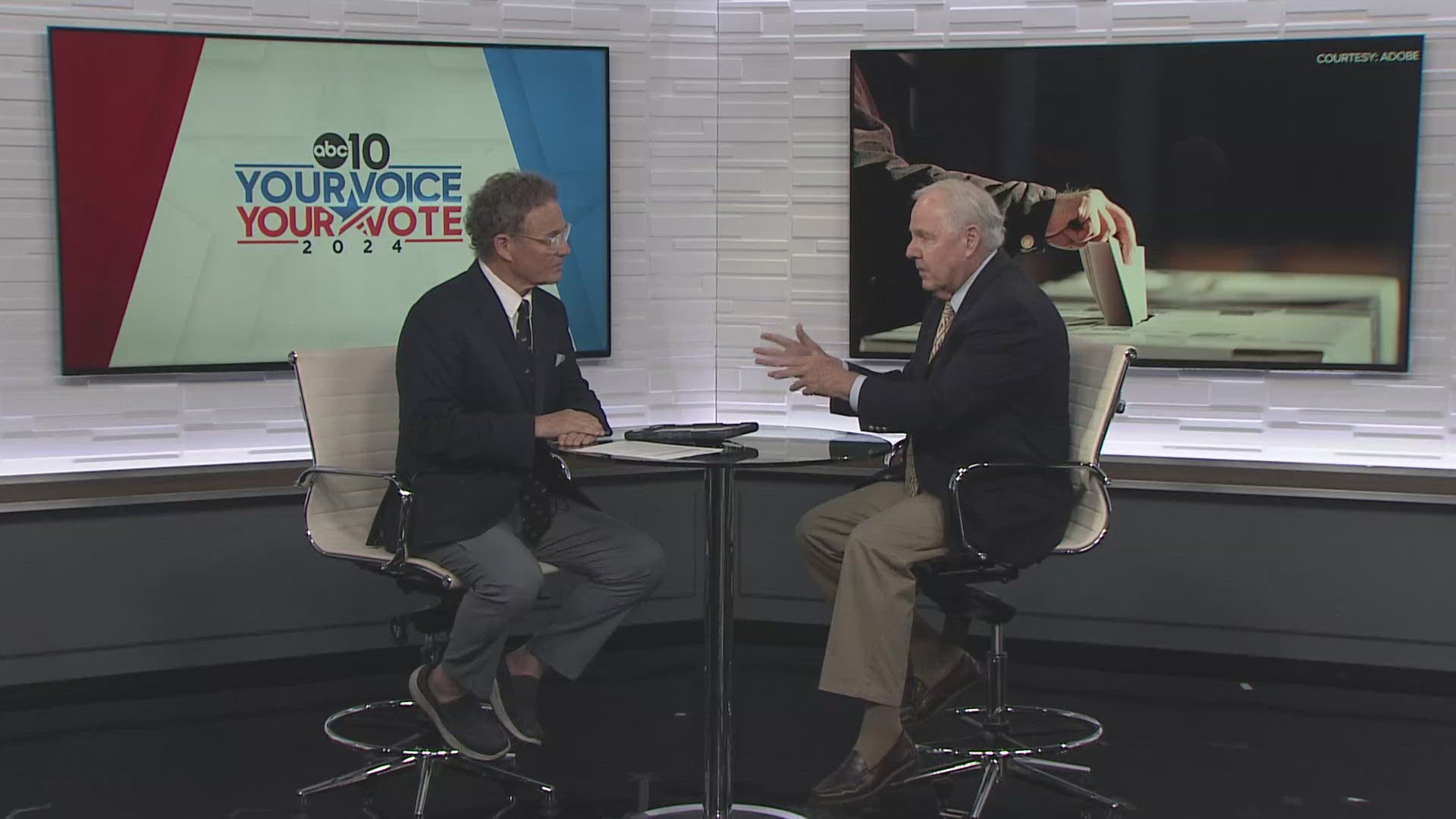SAN DIEGO — Although farm and food production workers were considered essential workers during the pandemic, many of California’s food employers endangered those workers, violating Cal/OSHA’s COVID-19 guidelines more often than most industries, a new report said.
The California Institute for Rural Studies’ report said farm and food production employers routinely failed to provide workers with face masks, nor did they enforce physical distancing or notify workers when there were COVID outbreaks at worksites.
The study was based on OSHA inspections from April 2020 through December 2021.
Though farms and food companies had the most violations of all the industries, they had some of the smallest penalties, the report said; the average penalty was $22,473.
Cal/OSHA did not answer CalMatters’ question about the size of the fines. It issued a statement Wednesday saying, “Cal/OSHA recognizes and appreciates the importance of this issue, and is reviewing CIRS’ report and recommendations.”
Dvera Saxton, a researcher with the rural studies institute, said Cal/OSHA cited food production employers four times more than any other California industries during the first year of the pandemic. But food companies utilized the judicial and appeals process to try to reduce their penalties, she said.
“Oftentimes the fines will be reduced or eliminated,” she said. “We know that the food production employers — and the companies they’re producing for — have very powerful legal teams to reduce the fines.”
The companies’ violations often included failure to provide and implement a health and safety system, which is required by a 1991 state law, the study said.
The report describes food production workers as those working in meat packing, dairy operations and agriculture — primarily Black, Latino, and Indigenous people, often undocumented immigrants.
Keeping workers safe
Among 36 agricultural workplaces that utilize contractors, the report names Brutocao Vineyards. Cal/OSHA fined Brutocao Vineyards $3,710 in September 2020 for allegedly failing to provide face masks for three workers and neglecting to keep workers six feet apart.
Len Brutocao, director of vineyard operations, blamed the violations on the workers.
“We provided the masks, and they just didn’t wear them,” he said in an interview, adding that the company has since increased training and stressed wearing masks.
California’s food and farm employers aren’t very different from similar employers around the country, said Suzanne Adely, co-director of the Los Angeles-based Food Chain Workers Alliance, a national coalition of food workers unions.
The 21.5 million farm and food workers make up the nation’s largest workforce, she said. The lack of COVID protections is just one of their many vulnerabilities.
“Food workers have the lowest median wage than any workforce and are the most food insecure,” Adely said. “They have some of the highest rates of health and safety violations … and high rates of wage theft.”
As the pandemic continues, the report recommends that state leaders and Cal/OSHA officials strengthen paid sick leave protections, increase workplace inspections and ensure that employer health and safety data is more accessible to the public.
WATCH RELATED: Inside a wind farm producing renewable energy for San Diego County (June 2022)



